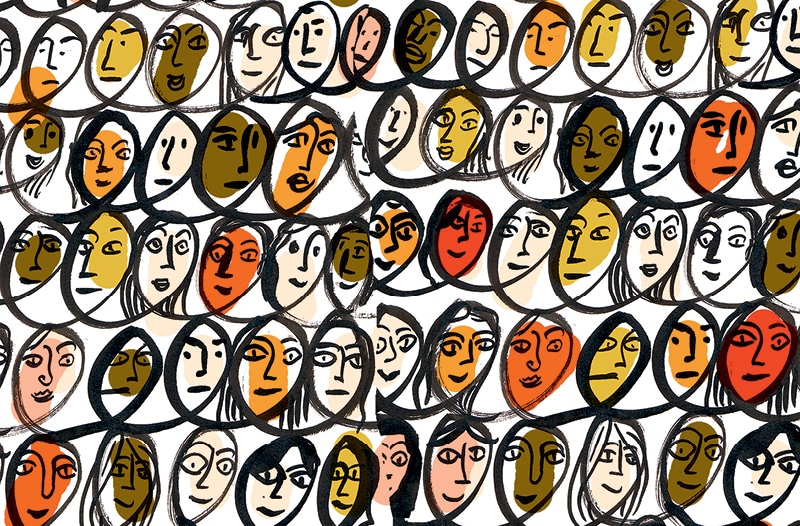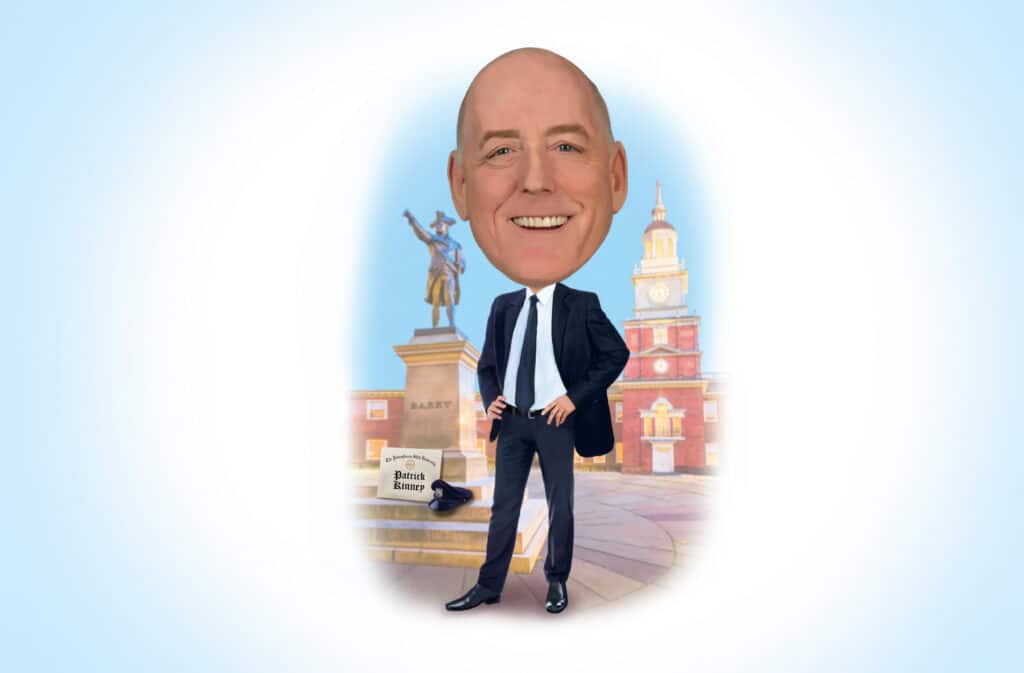
Permanent Crisis

Do you ever wonder how we arrived at a place where threats, insults, and verbal bomb-throwing have become the daily norm, creating the perception of an endless cycle of crises?
The only thing that we can agree on in this country is that we cannot agree on anything related to politics, social policy, personal rights, the United States Constitution, animal rights, or the proper way to sear tuna (OK, the seared tuna opinion is my own).
Is civil discourse a thing of the past?
The Great Wave: The Era of Radical Disruption and the Rise of the Outsider
By Michiko Kakutani
Penguin Random House
$30
Michiko Kakutani offers her perspective on the cultural trends leading us to a 21st century flashpoint—as well as a pathway to survive this turbulent period—in her eminently readable The Great Wave: The Era of Radical Disruption and the Rise of the Outsider.
“It is difficult to convey just how strange life in the third decade of the third millennium has become,” writes Kakutani. “It often feels like a preposterous mash-up of political satire, disaster movie, reality show, and horror film tropes all at once.”
Today’s digital tools have enabled an unprecedented era in which almost anyone can issue their unedited voice through social media for all to hear. The negative possibilities are many. “But times of turmoil can also provide an opening for a reboot—for reassessing our priorities and operating principles….In the twenty-first century, outsiders are already revolutionizing science and medicine,” using social media to convey breakthroughs and share research, the author writes.
Kakutani won the Pulitzer Prize for Criticism in 1998, retiring in 2017 as chief book critic at The New York Times. I looked forward to her reviews as pinnacles of clarity and directness. She does not disappoint in her latest book.
“The great wave of change breaking over today’s world is sweeping away old certainties and assumptions and creating an inflection point of both opportunity and danger,” begins Kakutani.
A student of history knows that this period of time is not unique in America or the world. But unlike past eras, it does feel to me as if there is more force, urgency, turbidity, and underlying hatred in today’s discourse due to the ubiquity of access to social media.
Generation Z in particular, as Kakutani points out, matured with smartphones and social media, both powerful tools for sharing information, real or perceived injustices, iPhone-recorded videos, and crowdsourcing of quickly organized protests and marches. Think about Greta Thunberg, who became an internationally recognized climate activist at age 15.
Birthed from a perceived right to air every grievance, large or small, “the electoral clout of millennials and Gen Z’ers will only increase,” Kakutani underscores. This generation grew up on a series of overlapping crises: 9/11, the wars in Afghanistan and Iraq, the financial crisis of 2008, and the COVID-19 pandemic.
“A confluence of crises, both immediate and long-term, has made the military acronym VUCA—meaning volatility, uncertainty, complexity, and ambiguity—feel like a perfect description of the third decade of the third millennium,” Kakutani says.
The combination of an unstoppable bully pulpit and the 24/7 news and information cycles has left us in “permacrisis…an extended period of instability and insecurity, especially one resulting from a series of catastrophic events,” Kakutani explains. It feels as if we are trapped in the hot water spin agitation cycle of a commercial washing machine.
In many ways, this can be positive. Many who would traditionally feel frustrated, voiceless, and unable to connect with others who are experiencing the same challenges and emotions and impacts now have access to a shared megaphone and an unfettered information and organizing exchange. Quoting activist and academic Frances Fox Piven, she explains further, “Poor people, disenfranchised people, outsiders who have no access to traditional power like money or connections can make their voices heard by organizing and using the collective power of disruption.”
While The Great Wave is not a pro-youth or anti-youth tirade, it notes that disruption of a large scale tends to come from younger adults unaccepting of the norms and constraints imposed by previous generations. Kakutani quotes the historian Tony Judt: “Dissent and dissidence are overwhelmingly the work of the young.”
The author suggests that combating the negative effects of disruption via social media starts with creating a “media and history literate citizenry” through education at the elementary and high school grades. Support of independent journalism helps create educated voters who are aware of how information can be “used and misused” in the digital age and can guard against “the kind of extreme polarization that thrives on and accelerates disinformation.”
I have a better understanding now of the historical and social forces influencing our discourse in 2024 after reading The Great Wave: The Era of Radical Disruption and the Rise of the Outsider. As with a sharp knife, radical disruption can cut both ways: to harm or to cut us loose from the ties binding us from a better future.




